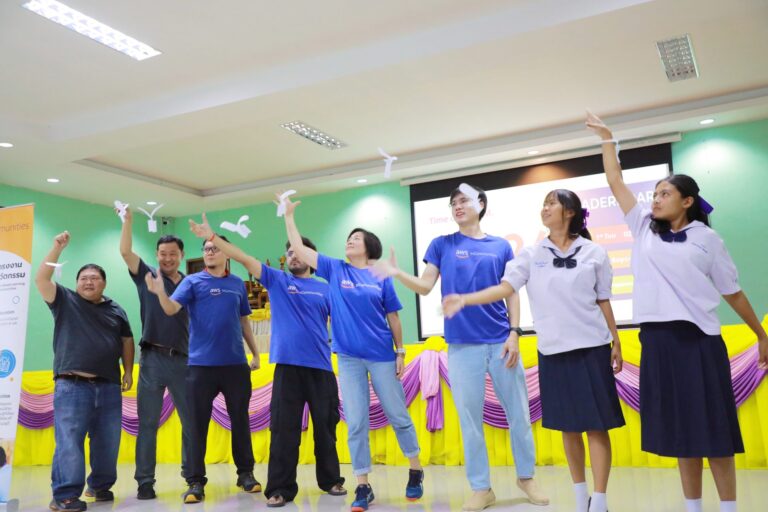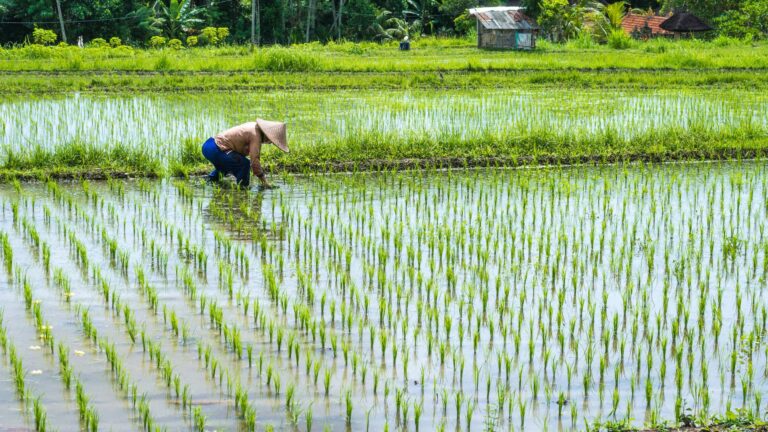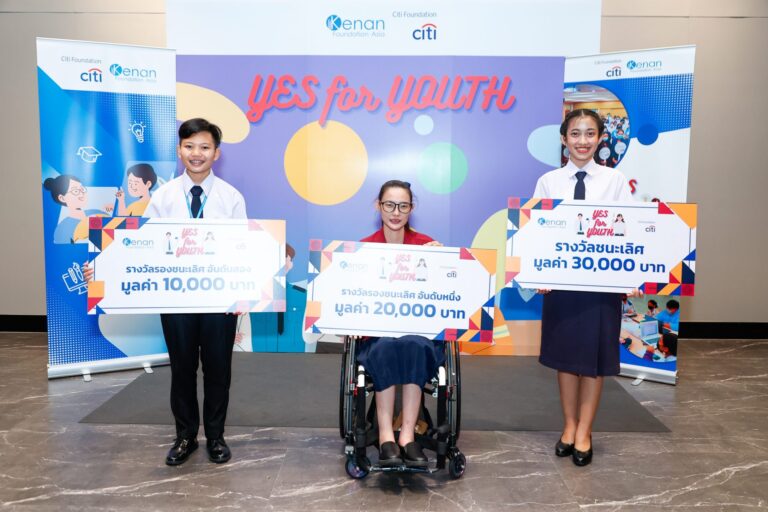In a city riddled with a diversity of problems, one issue that stands out in urban slums is the unequal access to health services.
In a city riddled with a diversity of problems, one issue that stands out in urban slums is the unequal access to health services.



Kenan Foundation Asia believes in a world where
vulnerable populations are empowered to succeed in
an inclusive society.
Thailand Charitable Organization Registration #350, under the Ministry of Finance US 501(c)3 Equivalency Status